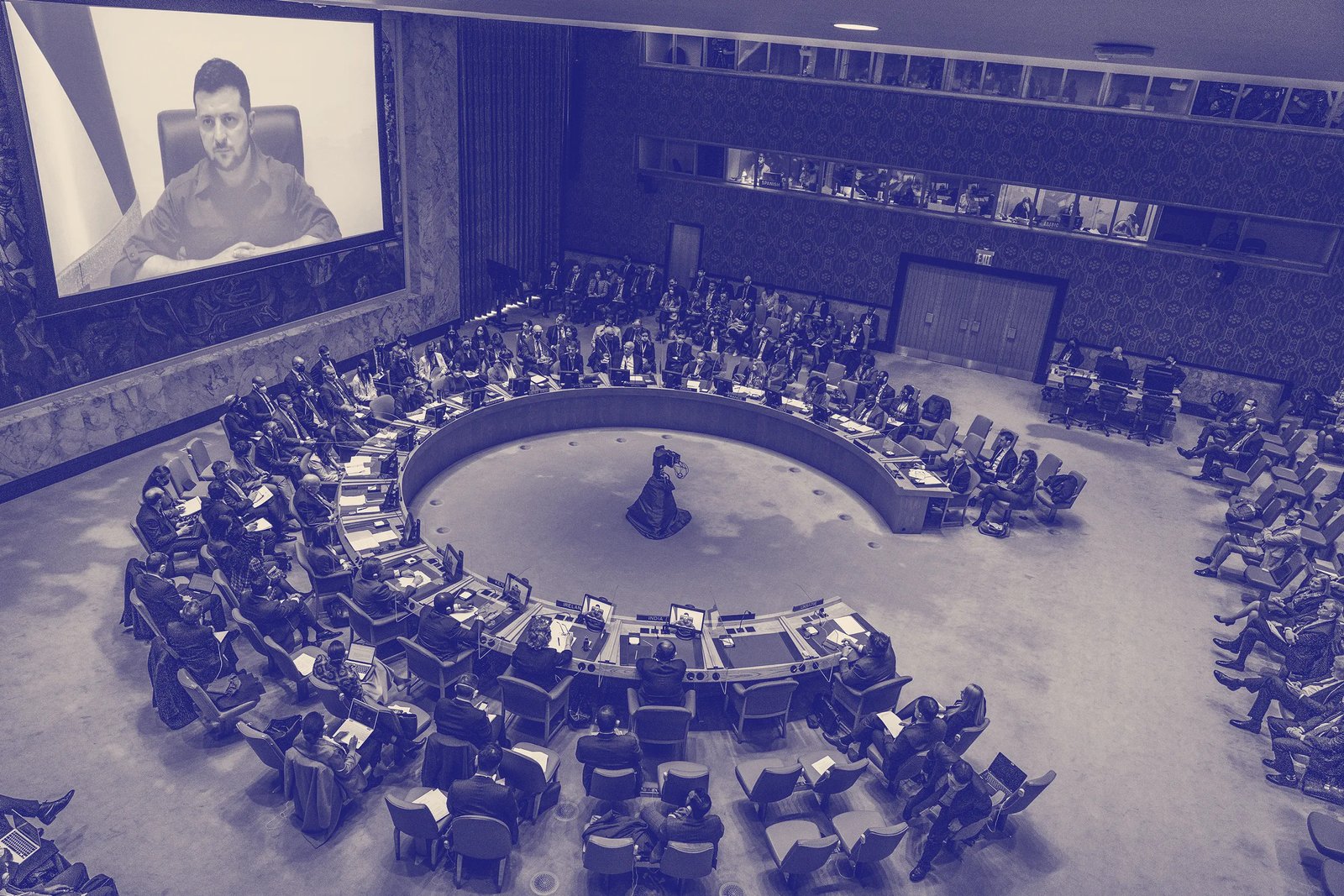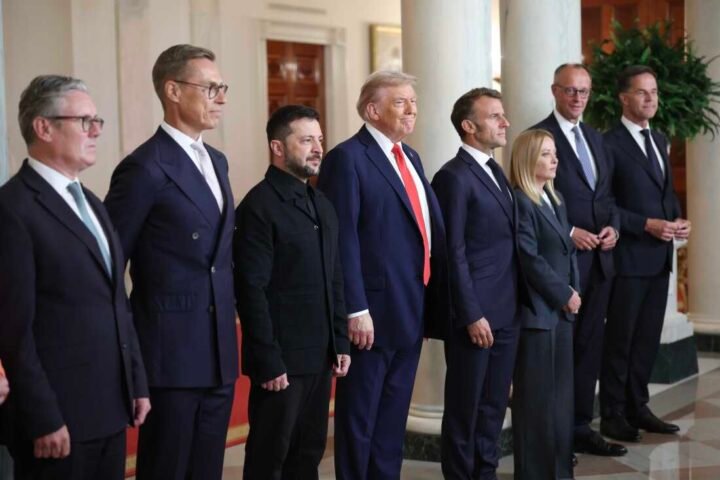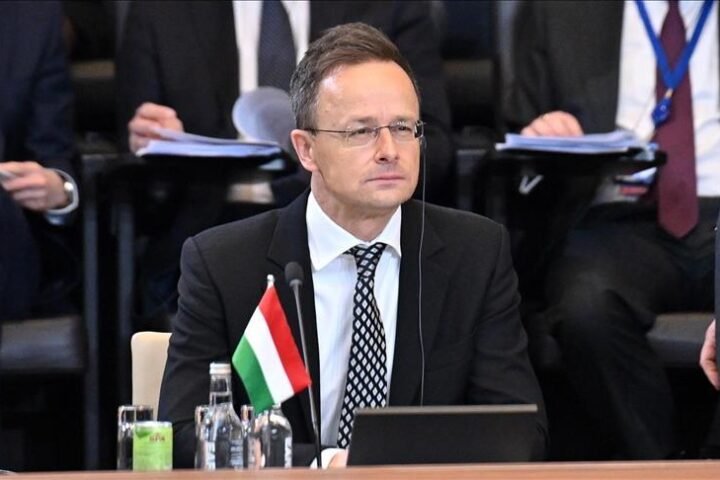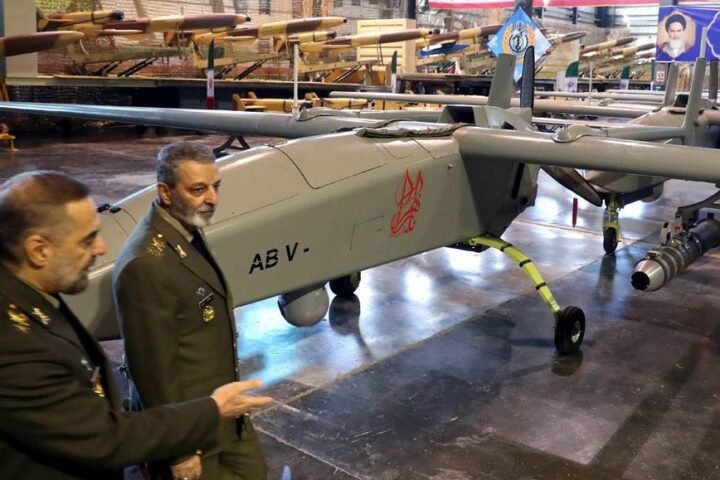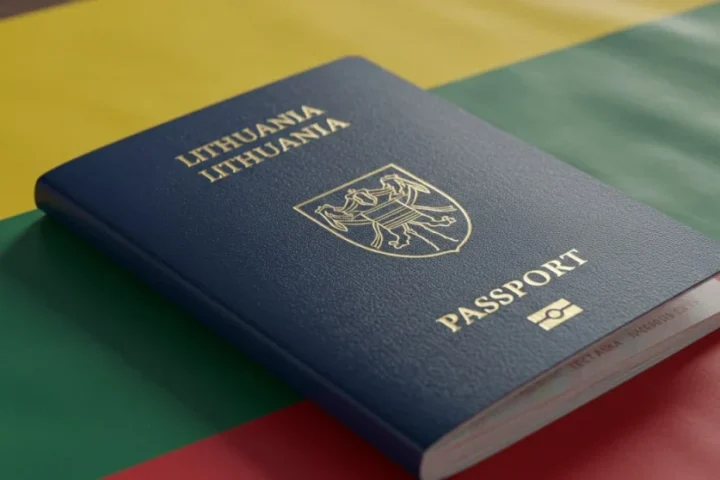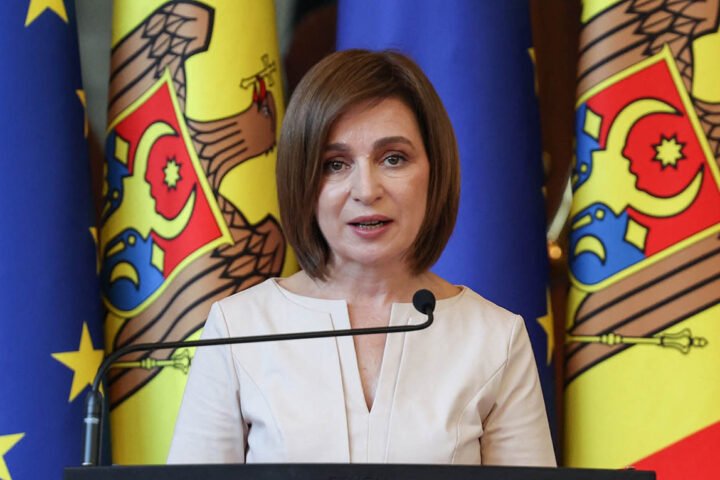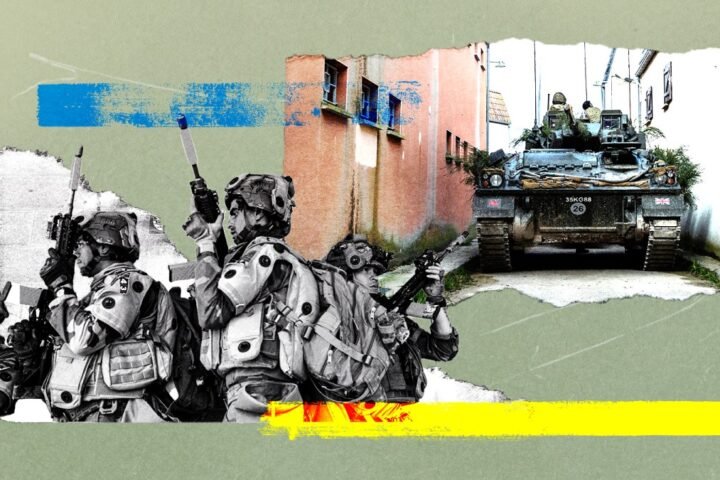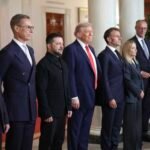Sanctioned Russian officials welcomed in Switzerland under exception for interparliamentary event
On July 27, Russian Federation Council chairwoman Valentina Matvienko arrived in Geneva to attend the 14th Summit of Women Speakers of Parliament, held under the auspices of the Inter-Parliamentary Union (IPU). Despite being under Western sanctions, including by Switzerland itself, Matvienko was granted a one-time visa and allowed to travel freely in the country hosting the summit from July 28 to 30.
The official theme of this year’s event — “Parliaments as promoters of peace, justice and prosperity in a turbulent world” — sharply contrasted with the presence of a senior figure in the Russian political establishment who played a direct role in sanctioning the invasion of Ukraine. Switzerland’s Federal Department of Foreign Affairs defended the decision to admit Matvienko by citing the country’s obligation as host of the IPU to invite all member states, of which there are 181.
Moscow’s top propagandists allowed to bypass sanctions
Matvienko, who personally voted for the use of Russian armed forces abroad in February 2022, also played a central role in securing unanimous approval for the decision in the Federation Council. Her presence in Geneva was not an isolated incident: several other high-profile Russian lawmakers under sanctions were also part of the delegation, including Deputy Federation Council Chair Konstantin Kosachev, State Duma Deputy Speaker Pyotr Tolstoy, and Duma Foreign Affairs Committee Chair Leonid Slutsky. All three have been sanctioned by the EU and other Western nations as pro-war propagandists and enablers of the Kremlin’s aggressive policies.
Though the Swiss government maintains it was legally required to allow their participation under the rules of the IPU, critics argue that even temporary waivers of sanctions for such figures represent dangerous hypocrisy — legitimizing war criminals under the guise of diplomatic neutrality. Italian authorities also drew fire after authorizing Matvienko’s official aircraft to transit Italian airspace en route to Geneva, despite clear awareness of its passengers and purpose.
Russian disinformation echoed from global peace platform
Matvienko’s remarks at the summit avoided any reference to the current ceasefire talks between Kyiv and Moscow, including those recently held in Istanbul. Instead, she repeated long-debunked Kremlin narratives — alleging an “unconstitutional coup” in Ukraine, Nazi control in Kyiv, and purported genocide in Donbas, particularly of children. These claims mirror the propaganda regularly disseminated by Moscow between 2014 and 2021 and have been overwhelmingly discredited by Western institutions and observers.
Her speech was notably devoid of any constructive proposals or reference to the current state of negotiations. Instead, it served as another instance of Russia using international platforms to repackage its domestic disinformation for a global audience.
A diplomatic setback for Europe’s credibility
Critics warn that allowing figures like Matvienko to speak at peace-themed international gatherings plays into the Kremlin’s strategy of exploiting multilateral forums to gain legitimacy without changing policy. Many in the European political establishment now see such accommodations as proof that the West has not yet fully grasped the nature of Moscow’s tactics. According to The Moscow Times, Matvienko has in the past distributed falsified dossiers to foreign parliaments, including bizarre claims that Ukraine operated secret NATO-funded biolabs producing “combat mosquitoes, ticks and lice” — a narrative publicly endorsed by her in 2023.
While Switzerland views its actions as a neutral gesture, many experts argue that such diplomatic leniency only reinforces the Kremlin’s perception of Western weakness. For Moscow, meaningful engagement is measured not by legal norms or multilateral etiquette but by displays of power and pressure. In this context, Geneva’s deference is likely to be seen in the Kremlin not as a step toward peace but as another opportunity to manipulate democratic institutions.
